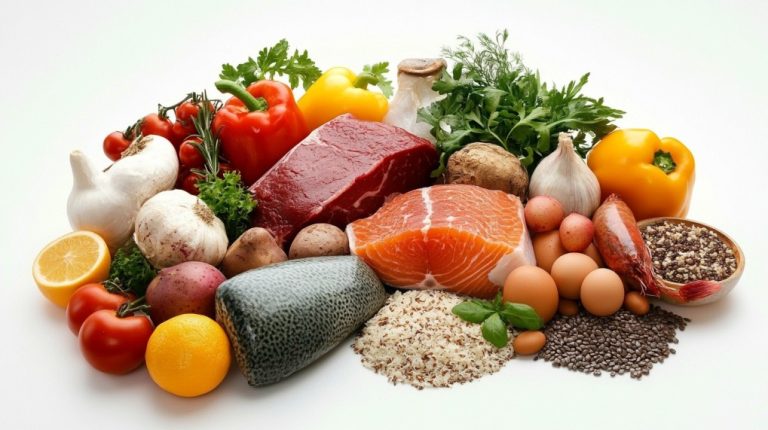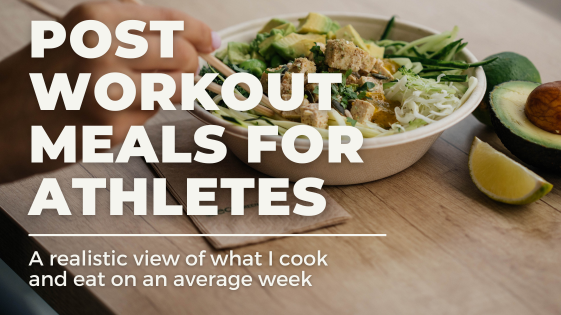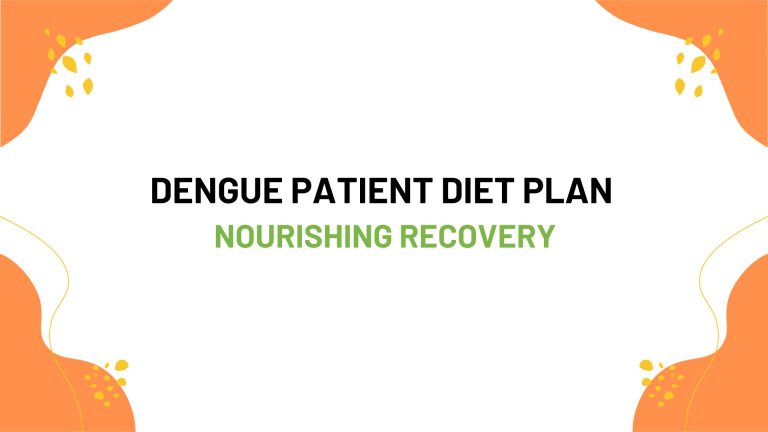How To Tackle Lactose Intolerance ?
Lactose intolerance is one of the most common digestive complaints among adults.
Lactose Intolerance
Someone who is lactose intolerant, it means that they can€™t digest lactose a sugar that naturally present in fresh milk products. Lactose is a large molecule that the body can€™t take up as it is an enzyme, called lactase, is needed to break the lactose down into smaller sugar units that the body can absorb.
The body produces the lactase enzyme at birth, and for the first few years of life when cow€™s milk is a regular part of the diet. But, as milk consumption reduces with age, lactase production tends to reduce too that is why symptoms typically develop in the teen or adult years. And, there are various types of lactose intolerance. Some people can€™t handle any amount of lactose while some can manage small amounts without having symptoms.
Lactose intolerance is quite common in people with Asian, African, Native American population , but much less common in Northern and Western European populations where milk products are a regular part of the diet ..
But, since lactose-intolerant people need to stay away from dairy products, it€™s important that they substitute adequate amounts of some of the nutrients found in fresh milk products like calcium and vitamin D.
Symptoms of Lactose Intolerance
The milk sugar, lactose, is made up of two sugar molecules, one called glucose and the other called galactose that are tightly connected by a chemical bond. The body can€™t absorb the lactose intact the two sugars need to be split apart. The lactase enzyme produced by the body in the digestive tract breaks the chemical bond between the two sugars, so the body can absorb them through the wall of the small intestine.
But, without adequate lactase, the lactose sugar moves through the system intact and unabsorbed. As a result the lactose enters the lower part of the digestive tract, the bacteria that naturally is present there begin to break the sugar down producing large amounts of gas in the process. This causes symptoms of lactose intolerance gas, bloating, cramps and diarrhea which usually occur between 30 minutes to two hours after lactose is taken.

Diet Tips for People with Lactose Intolerance
People who have lactose intolerance need to avoid fresh milk products. Milk, and any beverages made with milk, buttermilk, ice cream, sour cream and cottage cheese are the main sources of lactose in the diet. .
Aside from dairy products, reading labels is important because lactose can crop up in many foods. Lactose manages to find its way into breads and baked goods, cereals, soups, snack foods, processed meats, salad dressings, candies and even nondairy creamers and whipped toppings. Milk, milk solids, milk powder or whey on a label are good indications that there€™s probably presence of lactose, but also watch for the words buttermilk, milk by-products, casein ate and cheese flavor indicates the presence of lactose.
For some people who want to include cow€™s milk products in the diet, lactose-free milk, yogurt and cottage cheese are available. Others with lactose intolerance turn to milk alternatives like soy, rice, almonds. . One thing to be kept in mind is milks may not exactly match the protein, calcium and vitamin D content of cow€™s milk.
Since dairy products are such a rich source of calcium and vitamin D, its important to other sources of these nutrients. Leafy greens, broccoli, beans, tofu and some milk alternatives provide calcium, as well as certain calcium-fortified foods such as cereals or juices. Vitamin D is naturally found in fatty fish, eggs and liver, and some milk alternatives are fortified with Vitamin D, too. For people who are not able to meet the requirement can add on supplements after consulting their doctor.
While the above article guides you to eating healthier, there is no substitute for customized professional advice given by a qualified nutritionist. We urge you to speak to your personal dietician or if you need help, contact a nutritionist at Qua Nutrition.
You can contact us at 080 3232 9292 or log on to www.quanutrition.com to Book An Appointment.









